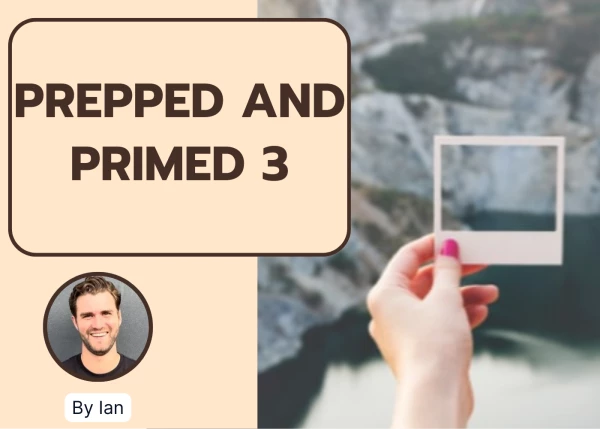Hi, I would like to seek advice on how to increase reading comprehension. I have encountered difficulties a few times: once my manager mentioned that I did not think "deep enough" after reading an economic article. He asked me what is the fed funds rate stated in the article, but I couldn't remember even though I have read the article. (I just remember the rate is low but I don't have the specific number in my head). Another time, my manager asked me about the steps of an internal policy he had asked me to read a month ago, but I could not directly walk him through the steps until I spent a short while refreshing my memory.
I am wondering whether these short falls are due to my reading comprehension ability. Is it because I am just simply "reading" the words, instead of paying attention to core details and think critically? Could you give me some advice on how to improve reading comprehension - able to think "deep" enough, memorize core essentials, and could explain the article clearly in own words? (Maybe using real examples as an illustration would be really useful - for example, how would you process with the information you have read? what would be your thought process?)
Appreciate your advice!



















